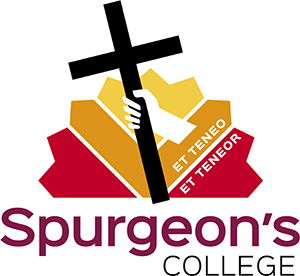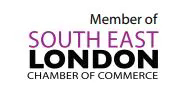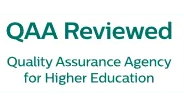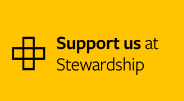New Counselling degree being launched in September 2024!
Course Introduction
The BSc (Hons) Integrative Counselling, at Spurgeon’s College, teaches a relational integrative approach to counselling. Its aim is to establish and build upon students’ prior active listening and helping skills and experience by developing the theoretical, professional and subjective skills that are necessary to counsel others. The programme offers a pathway into becoming a qualified counsellor as recognised by the main professional membership bodies in the UK.
Programme Duration
This degree course is a full-time undergraduate qualification:
- BSc (Hons) Integrative Counselling (Top Up) – Full-time, 2yrs
Mode of Study
The BSc (Hons) Integrative Counselling, will be taught at our London campus on Thursdays and Fridays during term time. The majority of which will be face-to-face learning with minor blended learning to practice online counselling.
Programme Structure
Each year consists of 120 credits comprising of theory, skills, and professional practice / ethics. This requires the development of high levels of self-awareness around understanding of self, personal history, and patterns of relating. Additionally, students will be encouraged to reflect on their approach to working with difference and diversity including the interaction with mental health, and how culture is experienced and understood within the counselling relationship.
Entry requirements
The minimum academic qualification for admission to the BSc (Hons) Integrative Counselling (Top up) is:
- CPCAB Level 4 Diploma in Therapeutic Counselling or equivalent recognised Level 4 counselling qualification.
- Entry is at Level 5
Language Requirements
A score of 6.5 or over on the IELTS (academic) test for non-UK citizens and/or non-native English speakers.: The score for reading and writing bands must be 6.5.
Interview
All qualifying counselling applicants are invited for an interview for a series of interviews, which will include a discussion about the characteristics the course will be looking to develop (See appendix A). If potential students voice unwillingness or display an inability to develop these characteristics through the course they are unlikely to be admitted to the course.
Course Overview
The BSc (Hons) Integrative Counselling, is a carefully designed undergraduate degree programme, benchmarked against national standards, which will provide students with the professional knowledge and skills to work professionally as a Counsellor, should they choose to pursue this after graduation. This programme is open to applicants from a Christian and non-Christian background. It is a professional course in a Christian setting, that offers both a distinctly Christian element (optional) and a general spiritual / transpersonal element woven through the course.
Students are encouraged to reflect on how their personal worldviews around spirituality and faith (Christian or otherwise) connect with the practice of counselling. This provides a unique opportunity to study a professionally recognised secular course in an environment that recognises the value of faith and spirituality.
Overview of potential units
Level 5:
- Relational integrative therapy in personal, social, spiritual, and professional contexts
- Practicing relational integrative therapy
- Developing an integrative relationship in counselling and psychotherapy
- Further theory for relational integrative therapy
- Researching counselling and psychotherapy
Level 6:
- Counselling research project
- Advanced relational integrative counselling and psychotherapy
- Creative counselling in relational integrative therapy
- Introduction to Christian counselling (option)
- Contemporary approaches in counselling (option)
- Advanced professional practice in counselling
Placements
Students will be required to complete 100 hours of therapeutic practice in an agency setting during years 2 and 3 of the degree. This will involve individual counselling across different mediums (online, face to face, telephone).
Those students who are already qualified and entering the degree on the Top-up pathway will also be required to reflect upon 100 hours of therapeutic practice, however, this can be in the context of their own therapeutic practice.
How much does it cost?
You can find a breakdown of current fees by course type here.
A deposit of £300 and registration fee of £450 is payable when accepting an offer.
How to apply
For September 2024 please apply via UCAS.




